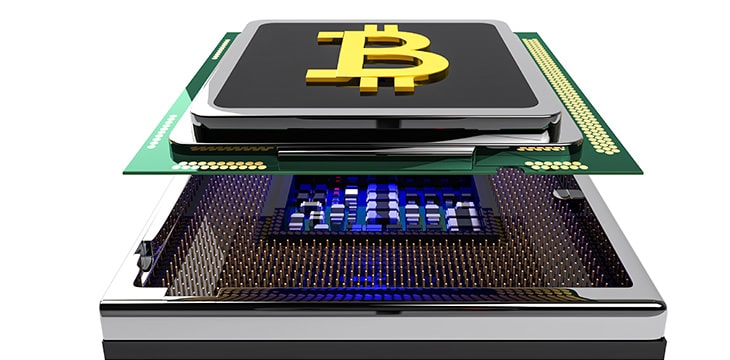|
Getting your Trinity Audio player ready...
|
The HandCash wallet for Bitcoin SV (BSV) was already one of the most popular options in the community, thanks to its beautiful design and ease of use. Now, the team behind the wallet are also adding a new level of privacy and security to their offering through ‘Output Bills.’
In a Medium post, the team introduced Output Bills as a new coin-splitting technique using skeuomorphism UTXO handling. They provided a helpful explainer to demonstrate how the current transaction system works, and what Output Bills will do:
Most Bitcoin transactions nowadays work like this: you get one or multiple UTXOs (non-spent coins) as an input for the transaction, and then you generate one output for the receiver with the amount you want to send, and the rest comes back to your change address.
With “Output Bills” now users have a large set of UTXOs of different but regular amounts — just like bills and coins. This is what is called denominations.
The benefit of this system, they reveal, is in that it’s much more difficult to reveal exactly how much BSV wallet has received, and because some transactions go back to the sender as change, it helps add privacy to the parties involved as well. Add these to HandCash’s already 100% peer-to-peer transaction model, never re-using the same keys, they confidently state “you can’t tell who sent what to whom.”
The inspiration for this model, they note right up front, comes from Dr. Craig Wright. They quote from his December 2018 Medium post ‘Bitcoin’s privacy model,’ which described a coin splitting model very much in the same vein as what HandCash is now deploying.
So if you’re a HandCash user, this feature is available for $handle to $handle transactions already, and it turns out it was implemented a few weeks ago very quietly.
Special thanks to Dr. Craig S. Wright, @eyeone and @rseibane for making this possible.
Huge increase in privacy by default for all HandCash users. It has been working for weeks now, but few people noticed.
Here's how it works! https://t.co/tEb0jZrET8
— Alex Agut (@apagut) November 14, 2019
Other types of transactions will have to wait. “In the future we will also do it for all Paymail transactions, they noted, but “We don’t offer this privacy enhancement to raw legacy payments as not all services support multi-output transactions, and can cause issues with accounting.”

 02-26-2026
02-26-2026 




